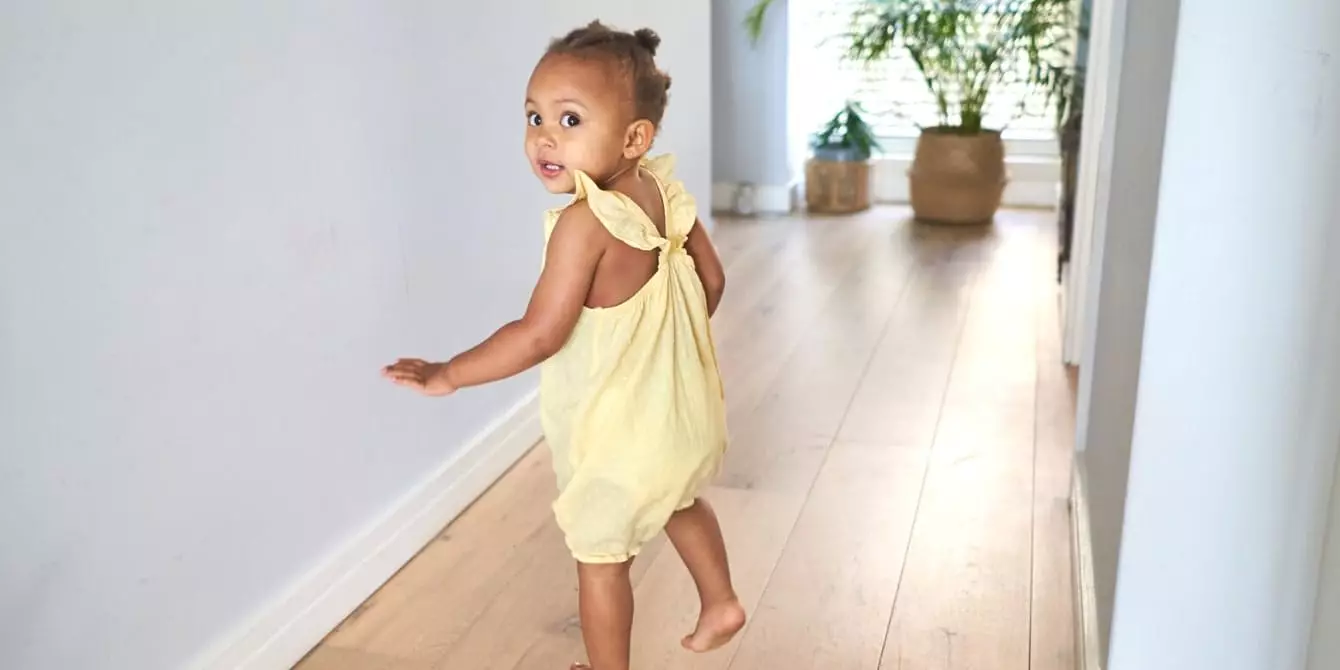As your child reaches the 18-month milestone, you’ll likely notice remarkable changes in their behavior and capabilities. This age is characterized by a burgeoning curiosity and the acquisition of new skills, such as food self-feeding and spontaneous imaginative play. Parents often find it challenging to keep their toddlers entertained while also promoting their development. Here, we present an array of creative, sensory, and developmentally appropriate activities designed to engage and foster skills in your little one.
Turn everyday household items into portals of imagination. A simple cardboard box can transform into anything from a spaceship to a castle when your toddler gets hold of it. Provide them with crayons or child-safe markers and encourage them to decorate their creation. This not only stimulates creativity but also enhances fine motor skills as they grasp markers and manipulate the box. The act of creating something unique encourages self-expression and empowers them to explore their artistic abilities.
Nature Walks: A Gateway to Discovery
A nature walk can serve as an engaging adventure while simultaneously educating your toddler about their environment. Equip them with a small bucket or bag to collect natural treasures like leaves, pebbles, or wildflowers. This activity fosters inquiry, enriches vocabulary, and strengthens a connection with the outside world. Encourage them to observe different shapes, colors, and textures, turning each walk into an informal lesson about nature’s wonders.
Baking is not just a delicious endeavor; it’s also a wonderful interactive experience for your toddler. Get them involved in simple tasks such as mixing ingredients for muffins or placing muffin cups. The anticipation of the delightful smells wafting through the kitchen provides a sensory-rich experience that can enhance their understanding of cause and effect while also improving their motor skills. Plus, sharing baked goods offers an opportunity for social bonding and family togetherness.
Obstacle Courses for Physical Development
Setting up an obstacle course in your home or backyard can be an engaging way to develop gross motor skills and coordination. Use cushions, furniture, and toys to create challenges where your child can crawl, jump, and balance. As they navigate through the course, encourage them to try varying speeds or movements, resembling a turtle’s slow pace or a cheetah’s quickness. This playful approach promotes physical activity while fostering determination and confidence in their abilities.
Toddlers naturally love movement, and what better way to fuel their energy than through music? Create a playlist of upbeat songs that invite dancing and jumping. You can plan dance parties at home where they can freely express themselves. Not only does music encourage physical activity, but it also aids memory and cognitive development as they begin to recognize rhythms and patterns. Engaging in dance together can also strengthen the parent-child bond.
Role-Playing to Build Empathy
Toddlers are naturally intrigued by the world around them, which makes role-playing an invaluable activity. Allow your child to ‘treat’ their stuffed animals as a doctor would. This imaginative scenario promotes empathy and social skills as they learn to care for others. You can guide them on how to check the height and weight of their ‘patients’ or demonstrate how to soothe a stuffed animal experiencing discomfort. These moments not only help them understand social interactions but also teach emotional intelligence.
Incorporating Learning into Daily Tasks
Involve your toddler in age-appropriate household chores, which encourages responsibility and boosts their self-esteem. Simplistic tasks like sweeping, sorting laundry, or washing vegetables can help them feel like valuable contributors to the family unit. Associating chores with fun can also create a sense of accomplishment while teaching them about teamwork and cooperation.
Interactive Play for Cognitive Growth
Using toys that encourage interaction can greatly benefit your child’s development. For instance, a busy board filled with buttons, latches, and shapes can engage your child’s curiosity and improve dexterity. Not only does this offer fine motor skill practice, but it also lays the groundwork for problem-solving as they figure out how each component functions.
Engaging your 18-month-old in a variety of activities allows them to explore their world while developing essential skills. Through creative play, physical challenges, and meaningful interactions, they can cultivate vital abilities in a fun, supportive environment. Embrace this time as an opportunity to bond and watch your child thrive as they venture into their quick-paced world of learning and discovery.

